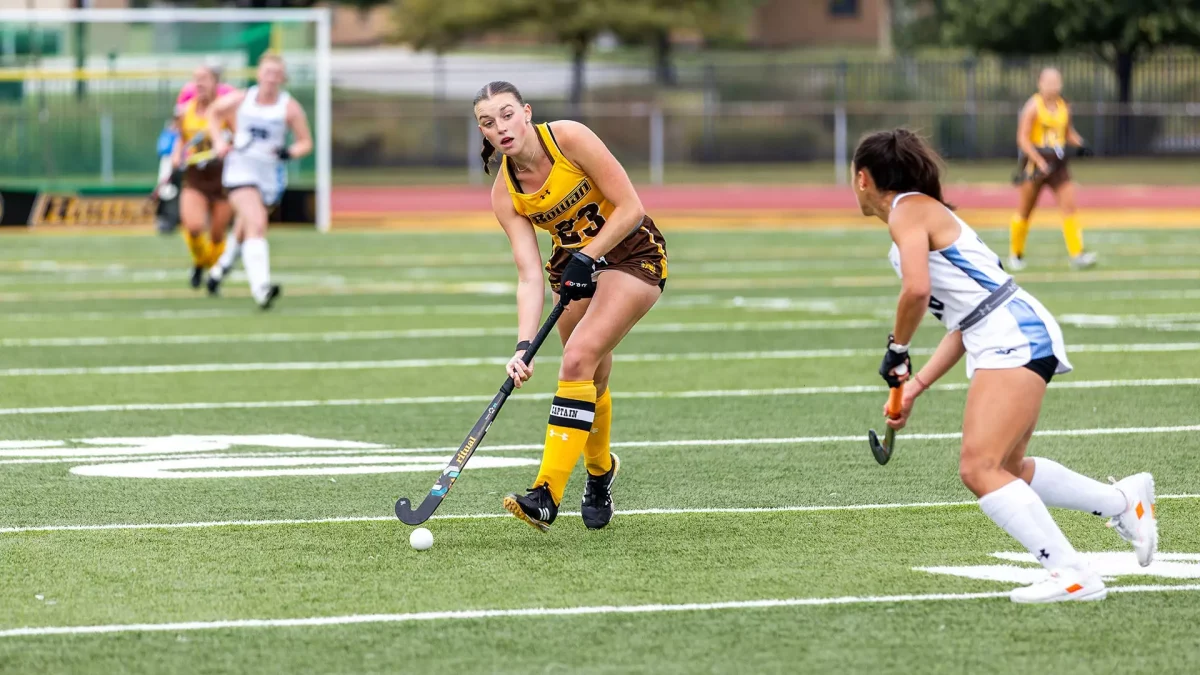Blue light emergency phone devices can be seen scattered throughout college campuses for students to use in case of emergency. But are these blue light phones relevant in today’s society that is so reliant on smartphones?
In a survey of 50 Rowan University students, one responder noted that while the blue light emergency phone devices may at one time have been cutting edge, they have now become almost obsolete given the advancement of technology.
“I think that the boxes may have been useful at some point, but everyone has a cellphone now, probably a smartphone, and it is so easy to just call the correct emergency [service] that way,” the anonymous responder said. “I don’t know anyone who would let their phone die, but… that would be the only time they would be useful.”
Of the 50 students surveyed, 98 percent said they would be more likely to use their cellphone in case of an emergency, with only two percent saying they’d use the emergency phone device. Of that two percent, those surveyed conceded, saying they’d only use the device if “their cellphone was dead or they couldn’t get to their phone.”
Between installation costs of new phones and maintenance of Rowan University’s 85 existing blue light emergency phone devices, upwards of almost $70,000 is spent annually on them.
The thought behind installing these phones years ago was to ensure students’ safety on campus. Whether a student needed assistance changing a flat tire, was being followed, or witnessed a crime of any kind, the emergency phone device could be used to inform authorities and get help right away. But now, some Rowan students said, many of the devices don’t even function.
“Back in 2014, I pushed [the button on the emergency phone device by Rowan’s soccer fields] because I was petrified to walk home alone and it was freezing,” said former Rowan student, Ashlee Petroski. “I waited over an hour and no one came to assist me. The box didn’t ring or light up either.”
While the blue light emergency phone devices may be becoming obsolete in today’s society, they are still used by some, according to Rowan University Public Safety Patrolmen Michael Welding.
“[Rowan] police and security do respond to call boxes frequently,” he said. “But a majority of the time, a call box activation is for an individual that is not familiar with the campus looking for directions or unfortunately, it is an individual walking by that activated the call box and walks away.”
As soon as a button is pressed, the 911 communications center is notified where dispatchers screen the call, according to Greg Farrar, detective sergeant for the Rowan University Student Patrol. Student patrol officers respond to calls depending on the severity and circumstances surrounding the call.
“If a student wants an escort late at night, or anytime that they’re working, they will escort that student from wherever they’re going to their destination,” Farrar said.
Student officers are trained to be good observers that look out for suspicious activity on specific areas on campus.
“Their primary role is to augment the police and security patrol,” he said. “They’re there to assist [Public Safety] in deterring crime and observing suspicious behaviors.”

According to Rowan University’s Annual Fire and Safety Report, Rowan’s Glassboro campus has seen an 800 percent increase of reported incidents of stalking since 2014. Similarly, reports of domestic violence and sexual assault have also increased dramatically in two years, 148 and 57 percent respectively.
According to Allie Pearce, assistant director at Healthy Campus Initiatives in the Wellness Center, this is exactly what Green Dot training aims to help negate. The program also gets bystanders involved and teaches how to get help if the situation does not seem safe.
Pearce noted the importance of being aware of sexual misconduct, especially in light of recent national news. Pearce believes that talking about Title IX at freshmen orientation makes students aware of sexual misconduct and how to report it.
“[Healthy Campus Initiatives] does a lot of work on identifying what [domestic violence, sexual violence and stalking] is and how to help a friend,” Pearce said. “We do a lot of Green Dot training and refresh what was discussed in orientation.”
The Wellness Center provides services to students who have been affected by stalking, harassment or domestic violence with mental health or counseling, according to Pearce. Healthy Campus Initiatives opens their doors to victims and will help students report to the Title IX office, Rowan University’s Office of Public Safety, or even the Glassboro Police Department.
Pearce advises students looking to reinforce their safety on campus to walk in groups rather than alone and keeping car doors shut rather than propped open while in the parking lot are just a few approaches students can take.
Welding echoes Pearce’s statement, also noting the importance of being aware of your surroundings.
“Students can ensure their safety is to walk in groups when going from place to place around campus and Glassboro. We have all been taught that there is strength in numbers. Walking in a group will likely deter anything from happening,” he said. “The Department of Public Safety offers a Rape Aggression Defense Course for female students and staff on campus. The program [offers] realistic, self-defense tactics and techniques. It is a comprehensive course for women that begins with awareness, prevention, risk reduction and avoidance, while progressing on to the basics of hands-on defense training.”
For questions/comments about this story, email [email protected] or tweet @TheWhitOnline.
























































































































































!["Working with [Dr. Lynch] is always a learning experience for me. She is a treasure,” said Thomas. - Staff Writer / Kacie Scibilia](https://thewhitonline.com/wp-content/uploads/2025/04/choir-1-1200x694.jpg)











































